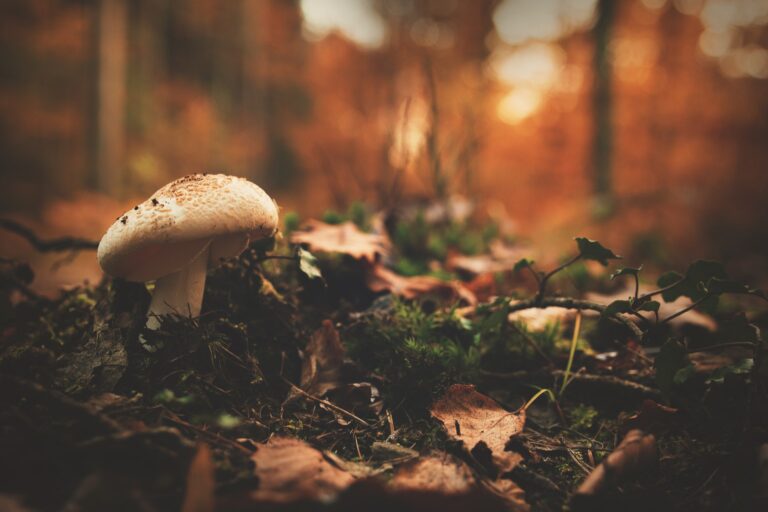What is the legal status of psilocybin in Italy?
In Italy, psilocybin and psilocin, the psychoactive compounds found in magic mushrooms, are classified as illegal substances. The Italian government has listed these substances in Table I of the Controlled Substances Act, which includes drugs with a high potential for abuse and no recognized medical use. Therefore, the possession, sale, and distribution of psilocybin mushrooms are prohibited and can result in legal penalties.
What are psilocybin mushrooms called in Italy?
In Italy, psilocybin mushrooms are commonly referred to as funghi magici or funghi allucinogeni, which translate to magic mushrooms and hallucinogenic mushrooms respectively. Some of the most popular psilocybin-containing mushroom species in Italy include Psilocybe semilanceata (liberty cap) and Psilocybe cubensis (golden teacher).
Can I grow psilocybin mushrooms in Italy?
As psilocybin is considered an illegal substance in Italy, cultivating psilocybin mushrooms is also prohibited. Growing these mushrooms for personal use or distribution can lead to criminal charges and penalties. It is essential to be aware of the legal implications and risks associated with cultivating psilocybin mushrooms in Italy.
What are the laws and penalties in Italy for psilocybin possession?
Italian law considers the possession, sale, and distribution of psilocybin mushrooms to be a criminal offense. The penalties for psilocybin possession can vary depending on the amount and circumstances of the offense. Here are some general guidelines on the penalties one might face for psilocybin possession in Italy:
- Personal use: Possession of a small quantity of psilocybin mushrooms for personal use can result in administrative penalties, such as the suspension of one’s driver’s license, passport, or firearm permit for up to three months.
- Illegal sale or distribution: Selling or distributing psilocybin mushrooms can lead to more severe criminal penalties, including imprisonment and fines.
- Aggravating factors: If the offense involves larger quantities, organized criminal activity, or harm to others, the penalties can be significantly more severe, including longer prison sentences and higher fines.
It is important to note that these guidelines are not exhaustive, and the specific penalties for each case may vary depending on the circumstances and the discretion of the judge.
How do government laws and links to psilocybin in Italy affect its legality?
Italian government laws and regulations related to psilocybin have a significant impact on the substance’s legality. As mentioned earlier, psilocybin is listed in Table I of the Controlled Substances Act, which means it is considered a dangerous drug with no recognized medical use. This classification is primarily based on the potential for abuse and the psychoactive effects of the substance.
However, recent research and studies have highlighted the potential therapeutic benefits of psilocybin for various mental health disorders, such as depression, anxiety, and post-traumatic stress disorder (PTSD). These findings have led to growing interest and debate about the possible reevaluation of psilocybin’s legal status in Italy and other countries.
In conclusion, while psilocybin is currently illegal in Italy, its legal status may be subject to change as more research and evidence about its potential therapeutic uses become available. Until then, it is crucial to be aware of the existing laws and penalties associated with psilocybin possession, sale, and distribution in Italy.
